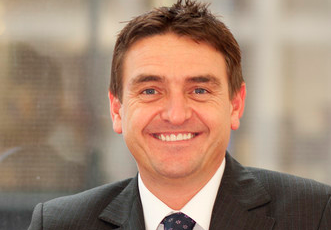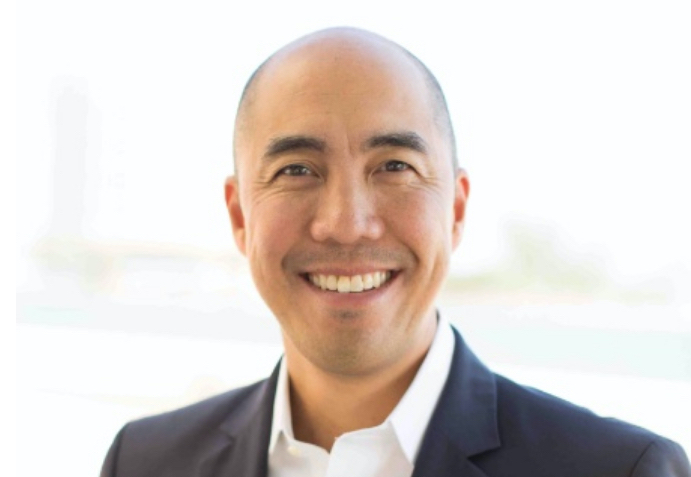The European Fund Industry, Still in a “Consolidation Mode” According to Lipper
| For Alicia Miguel | 0 Comentarios

At of the end of September 2016 there were 31,889 mutual funds registered for sale in Europe. Luxembourg continued to dominate the fund market in Europe, hosting 9,243 funds, followed by France, where 4,404 funds were domiciled.
For Q3 2016 a total of 599 funds (368 liquidations and 231 mergers) were withdrawn from the market, while only 466 new products were launched, according to the report “Launches, Liquidations, and Mergers in The European Mutual Fund Industry, Q3”, by Lipper Thomson Reuters.
With 466 newly launched products for Q3 2016, they saw a similar number of new products as the number for Q3 2015. The number of liquidations went up 14%, and the number of mergers declined a massive 29%.
Launches, Mergers, and Liquidations over the Past Five Years
With 466 newly launched products for Q3 2016, Lipper noticed a slightly higher number of newly issued products than for Q3 2015 (453). Compared with the launches for Q2 2016 (463), the number was flat.
The number of liquidations went up 14% compared with Q3 2015; comparing Q3 2016 closures with those of Q2 2016, Lipper saw a decrease (-16%). European fund promoters showed above-average activity with regard to fund liquidations in Q3 2016 and as a result maybe for the whole year 2016.
Opposite to the number of fund liquidations, the number of mergers went down 29%, comparing Q3 2016 with Q3 2015; compared with Q2 2016, the difference was smaller, with 8% more mergers for Q2 2016.
“The net size of the European fund universe decreased constantly since Q3 2012, which might be seen as a sign the European fund industry is in a consolidation mode. The net decrease of 133 products for Q3 2016 showed a lower number than for Q3 2015 (-193)”, say Detlef Glow -Lipper’s Head of EMEA Research-, and Christoph Karg -Content Management Funds EMEA-, the authors of this report.
Changes in European Fund Universe Asset Classes, Q3 2016
Q3 2016 witnessed the launch of 466 funds: 145 equity funds, 94 bond funds, 166 mixed-asset funds, 51 “other” funds, and 10 money market funds. During the same period 368 funds were liquidated: 119 equity funds, 76 bond funds, 72 mixed-asset funds, 84 “other” funds, and 17 money market funds.
For Q3 2016, 231 funds were merged: 66 equity funds, 82 bond funds, 60 mixed-asset funds, 6 “other” funds, and 17 money market funds.
The net changes for Q3 2016 showed negative totals for the measured asset classes: equities (net -40 products), money market products (net -24 products), “other” funds (net -39 products), and bond funds (net -64 products); mixed-asset products gained a net 34 products.
“The positive trend with regard to fund launches in the mixed-asset sector might not be too surprising, since this sector contains multi-asset products, which have been in the favor of investors over the last two years. Fund promoters appear to want to participate in this trend by launching new products. Especially in the overall low- interest-rate environment, mixed- and multi-asset products continue to be the preferred asset class for investors”, according to the authors.
Outlook
“Pressure to become more profitable and to save on costs, in addition to increased demands from regulators, might have been the drivers during Q3 2016 for further consolidation in the number of funds registered for sale in Europe. Since this consolidation took place in spite of increasing assets under management and healthy inflows for the year 2016 so far, European fund promoters may be preparing themselves for increasing competition with regard to fees that can be charged investors in Europe”.
“Because fees are being widely discussed, there is not much room for increases, despite costs for asset managers increasing in the future because of higher regulatory demands. We could see a further decrease in the number of funds, driven by fund promoters trying to be more efficient as well as by possible takeover transactions within the European fund management industry”, the authors conclude.







